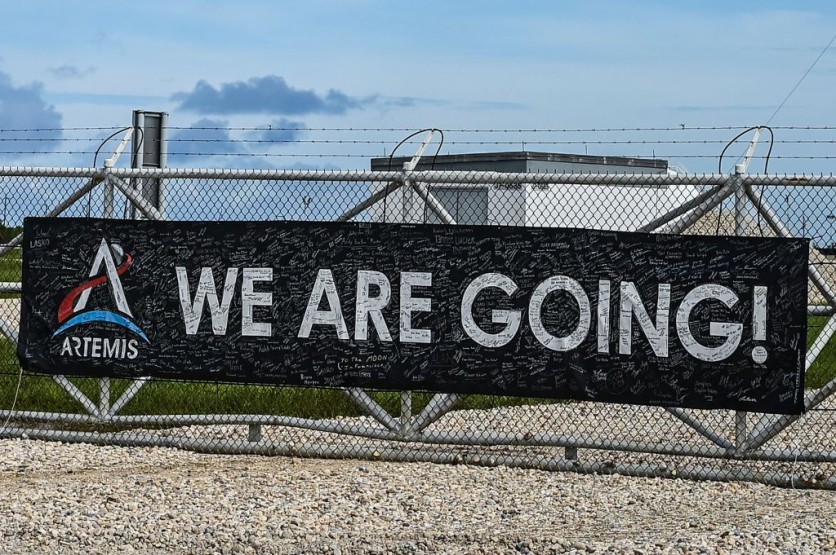NASA recently proclaimed in a video narrated by Keke Palmer that the Artemis 1 mission is ready to fly to the moon Monday, Aug. 29, as it lands on the lunar surface for the first time in 50 years.
But the recent events today showed otherwise.
After problems emerged during the countdown, NASA had to postpone its massive moon rocket launch from the Kennedy Space Center.

Two Hours Before Countdown
When the two-hour launch window opened at 8:33 a.m. ET, the space agency, was supposed to launch its Artemis I mission, initiating a more than month-long voyage around the Moon with the Orion spacecraft and Space Launch System (SLS) rocket.
However, NASA found a temperature problem within one of the four-liquid engines. With only two hours left before the countdown, the engineers were unable to fix the issue.
"Launch controllers were continuing to evaluate why a bleed test to get the RS-25 engines on the bottom of the core stage to the proper temperature range for liftoff was not successful, and ran out of time in the two-hour launch window. Engineers are continuing to gather additional data," NASA wrote in a blog post.
The space agency added that the Artemis 1 rocket is a "stable, safe condition."
NASA also discovered a hydrogen leak in the engines and a break in the thermal protection system material, but those problems were fixed in time for the scheduled launch window.
Backup launch dates for the agency are September 2 and September 5, though it's not yet known if the problems will be fixed before these dates.
The unmanned Artemis 1 launch inaugurates the most potent rocket ever put together and begins NASA's eagerly anticipated return to the Moon's surface. The agency's astronauts are anticipated to set foot on the Moon by the third mission in 2025, thanks to NASA's Artemis lunar program, which is now on its first mission.
Artemis 1's Strange Passengers
The Orion capsule's payload will contain three test subjects. The commander's seat will be occupied by one dummy equipped with acceleration and vibration sensors wearing an orange flight suit.
Two more dummies will be included in the mission, and they were manufactured from a material that resembles human tissue. These will gauge the effects of cosmic radiation on the human body, which is one of space travel's biggest dangers.
The Orion spacecraft will also transport a few moon rocks that Neil Armstrong and Buzz Aldrin from Apollo 11 recovered in 1969, and a rocket bolt discovered in a sea around ten years ago.
The Artemis program has cost about $40 billion since it began in 2017. NASA's major goal will be to establish a sustained presence on the Moon with a space station and a lunar base camp as part of a larger push to prioritize human space flight.
Related Article : NASA Artemis 1 To Send Cubesat That Will Follow an Asteroid Using Solar Sail! But, Why?
This article is owned by Tech Times
Written by Joaquin Victor Tacla
ⓒ 2025 TECHTIMES.com All rights reserved. Do not reproduce without permission.




